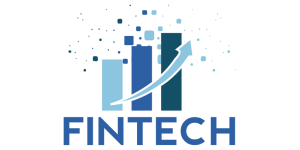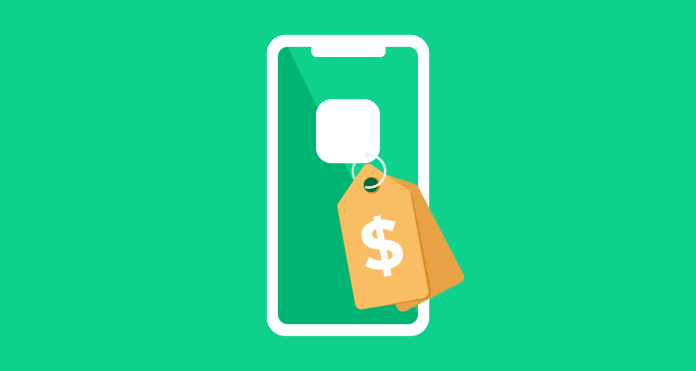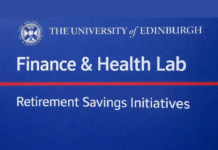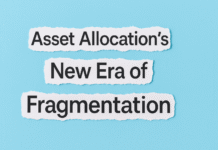Charge products to a credit card and paying them off over time is no longer the ideal course of action, and it might not even be feasible if you’re simply making the minimum payment each month.
Loan amounts balloon and can reach 23% or more when interest rates rise. Simple math demonstrates the pressures: if no other variables change, $100 becomes $123 in debt at the end of the year.
The level of credit card debt is approaching its pre-epidemic level. Statistics reveal that those who live paycheck to paycheck are three times more likely to accumulate credit card debt than other people, which is a significant change from the previous economy.
They increase their borrowing, which results in a rise in their debt load, missed payments, and a decline in their credit scores. The vicious cycle is more visible when inflation is prevalent, which it most certainly is right now since we all have to prioritize our expenditures. After costs like rent or food, the cost of a credit card could be the last on the list.
LendingClub is a nice example in this context. The company said in its most recent financial report that its consumer loan division is steadily growing. The company’s personal loan book increased by 19% over the most recent time period. The most recent additional papers show that the total amount of consumer marketplace originations grew by 29% to $2.8 billion.
According to management, delinquency rates throughout the whole service portfolio are still below pre-pandemic levels.
News of Tally obtaining a $80 million Series D investment, which offers an automatic debt paydown solution, has surfaced recently. The company’s offerings provide qualified customers a fresh credit line with lower interest rates.
Providers have also been assisting FinTechs and companies to approach credit in more organized ways. Over the summer, Bond, an integrated financial platform, released its Credit Builder Card, simplifying the process for FinTechs.











